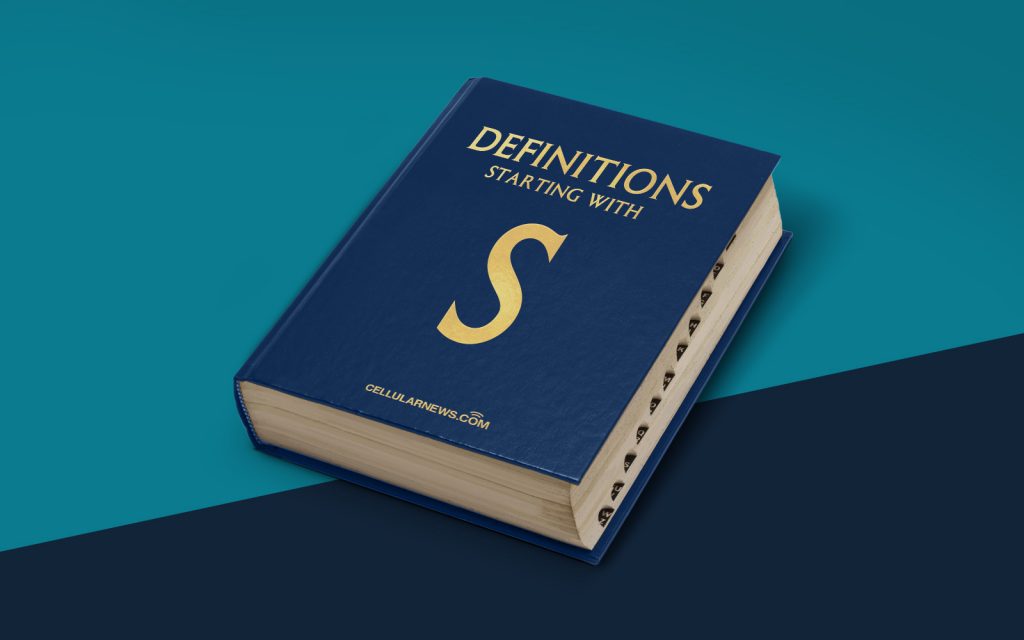
What is the Stop Online Piracy Act (SOPA)?
Welcome to another edition of our “Definitions” category, where we delve into complex terms and topics to help you gain a deeper understanding. Today, we’re going to tackle the Stop Online Piracy Act, better known as SOPA.
SOPA was a proposed legislation in the United States aimed at combating online piracy and copyright infringement. Introduced in 2011, it caused a significant uproar and became a hot topic of debate among internet activists, technology companies, and lawmakers.
Key Takeaways:
- SOPA was a proposed legislation targeting online piracy and copyright infringement.
- It sparked widespread controversy and protests due to concerns over free speech and internet censorship.
The main objective of SOPA was to give more power to copyright holders, such as movie studios and music labels, to combat the unauthorized sharing of copyrighted materials on the internet. Supporters argued that it was necessary to protect intellectual property and support creative industries.
However, the introduction of SOPA raised significant concerns among opponents. Many expressed fears that the legislation would stifle free speech, promote censorship, and harm the functioning of the internet. Critics argued that SOPA’s measures were too broad and could lead to the shutdown of legitimate websites due to the actions of a few infringing users.
Internet companies, including giants like Google, Facebook, and Wikipedia, strongly opposed SOPA. They argued that the act would undermine the principles of an open and free internet, hindering innovation and creativity. These companies staged protests, blackouts, and campaigns to raise awareness among their users about the potential consequences of SOPA.
Ultimately, due to the overwhelming backlash and public pressure, SOPA was shelved, and no further progress was made towards its implementation. However, it ignited a wider conversation about online piracy, copyright protection, and the balance between intellectual property rights and the freedom of the internet.
In conclusion, the Stop Online Piracy Act (SOPA) was a highly controversial piece of proposed legislation aimed at countering online piracy. While supporters believed it would protect intellectual property, critics argued that it threatened free speech and internet openness. Although SOPA was never implemented, it left a lasting impact on the discussions surrounding copyright enforcement in the digital age.
Key Takeaways:
- SOPA aimed to empower copyright holders in combating online piracy.
- The act faced strong opposition from internet companies and activists, fearing it would lead to censorship and limit online freedom.
Thank you for joining us in exploring the world of definitions. Stay tuned for more informative content that helps demystify complex topics.
